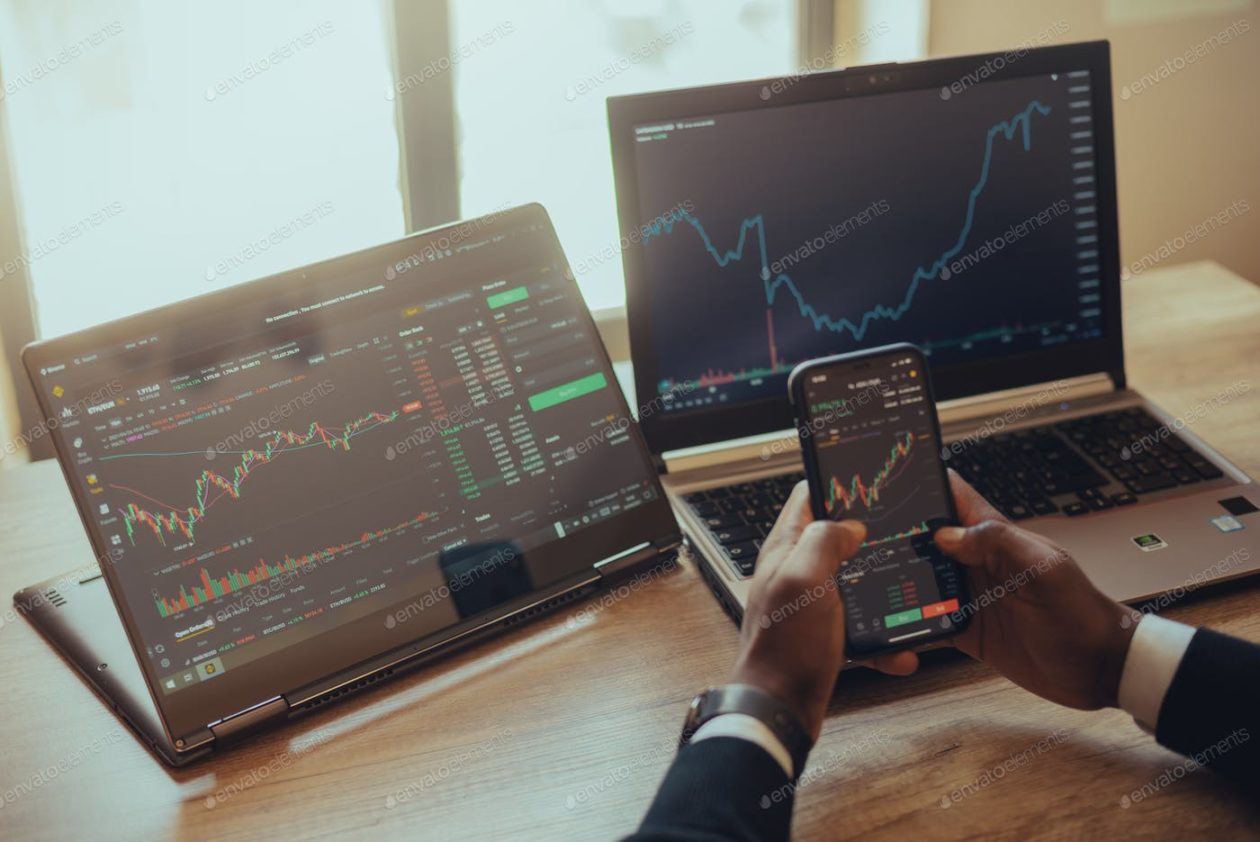Online trading platforms offering commission-free trading to retail investors have conquered the market. Since the pandemic hit in early 2020, a new generation of traders have flocked to burgeoning online exchanges, reshaping the traditional demographics of the stock market in the process.
This trend continued throughout 2021, with online retail trading reaching record volumes of over US$8 billion globally. Underlying this boom was a sense of an unprecedented level of access to a market that had been traditionally reserved for experienced traders and financial insiders. With online trading platforms steadily attracting more users, it is paramount that these notions of access, democratization and transparency don’t fall by the wayside.
Be it crypto or traditional asset trading, trust must be at the heart of retail investment. A new generation of trading platforms for a new generation of traders will have to ensure that these challenges are met.
Traders are getting younger
The growing popularity of retail trading has been fuelled by a demographic that has been termed “Generation Investor.” In fact, research shows that the median age of new investors joining since 2020 is around 35. This is a significant change from pre-pandemic figures when the median age of traders was 48. Similarly, the average age of Robinhood’s 22 million users is 31, highlighting the fact that the user base of most online platforms is principally made up of millennials and Gen Z traders.
This significant shift in demographic is powered by a variety of mobile trading apps and extensive communities on social networks like Twitter and Reddit, designed to provide its members with trading tips and information on crypto ecosystems. As a result, this new generation of traders wields substantial influence on the wider market, at times making up over 20% of total worldwide trading volume.
The power of retail traders to disrupt the market was illustrated in January 2021, when the subreddit WallStreetBets conspired to “short-squeeze” institutional investors who had bet against the ailing GameStop stock, causing thousands of users to buy shares. A number of retail trading platforms, principally Robinhood, restricted trading in response to inflated transaction volumes, causing thousands of traders to lose their investments.
The GameStop saga brought the motivations of many young traders to the fore, as WallStreetBets’ army of traders sought to destabilize a system that was seen as inherently undemocratic and beset with manipulation by market insiders and large investment banks. A similar motivation drives much of the crypto universe, where decentralized blockchain ecosystems compete for traders hoping to invest in a fairer and more democratic financial model.
A lack of transparency
As Robinhood and other platforms are still dealing with lawsuits following the GameStop saga, it is incumbent upon retail trading platforms to learn the lessons of January 2021. Robinhood has seen its revenues fall with the broker’s shares losing two-thirds of their value since its IPO in July 2021. While this is due to a variety of factors, including market fluctuations, newer and nimbler platforms promising fairness and transparency are capitalizing on the controversies surrounding more established brokers.
The crypto world is not immune. Frequent hacks and data leaks, as well as dubious practices by some of the largest platforms have sown a seed of distrust among some traders who prefer to store their digital assets on dedicated software and hardware wallets.
Meanwhile, the heavily- advertised Crypto.com platform has recently been the victim of a substantial hack. While official communications reassured users that all funds were safe, analysis has shown that around US$19 million worth of Bitcoin and US$15 million worth of Ethereum’s Ether token have been lost in the attack, with Crypto.com having to reimburse traders out of its own holdings.
Revelations such as these are hardly inducing the levels of trust expected of organizations storing vast amounts of money on behalf of their users. If retail trading platforms are truly meant to empower the amateur trader to access new markets, transparency, security and trust must be at the heart of the operation.
Tokenized assets in trading
One approach to enable transparent and democratic retail trading is the tokenization of assets. Blockchain technology is seeing a wave of adoption across multiple sectors, from digital art and the metaverse to fashion marketing and music. As NFTs have demonstrated, assets of any form can be tokenized, allowing for digital records of ownership that are transparent and immutable. Tokenizing shares in stocks, bonds or commodities can completely transform the way we trade and offer the transparency and security often lacking in online trading platforms.
For one, tokenization allows for 24/7 trading, regardless of stock exchange cycles. Trades can be recorded on the blockchain even when markets are closed, opening up global markets previously restricted by time zone differences. Secondly, blockchain automation allows for faster and cheaper trading while any information stored on the blockchain is accessible and verifiable by all.
Perhaps the most transformative benefit of tokenization is the possibility to trade assets of all classes, from stocks and commodities to crypto and NFTs, on one unified platform. Juggling multiple portfolios on various exchanges can be an entry barrier, as traders can find it difficult to keep track of their investments. Tokenization removes this barrier and opens the market to new users wishing to invest in both crypto and traditional shares. Finally, tokenization allows for fractionalized shares, making a diverse portfolio possible at lower costs.
If trading is truly to be made more democratic and accessible, platforms must be designed with the user in mind and exhibit the accessibility, transparency and accountability so often lacking in established platforms. Retail investors are a force to be reckoned with, now is the time to deliver on their expectations.





